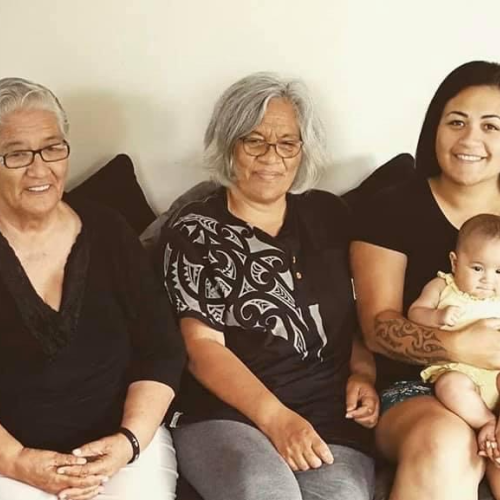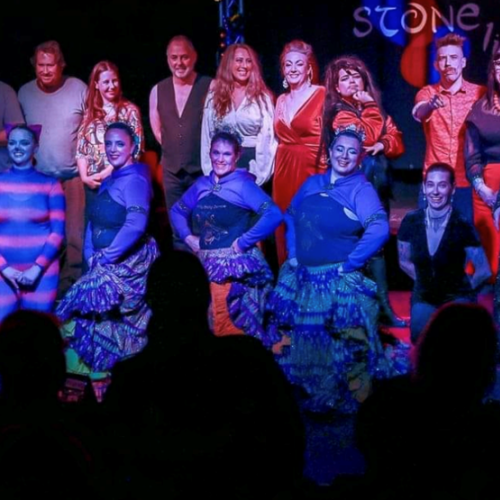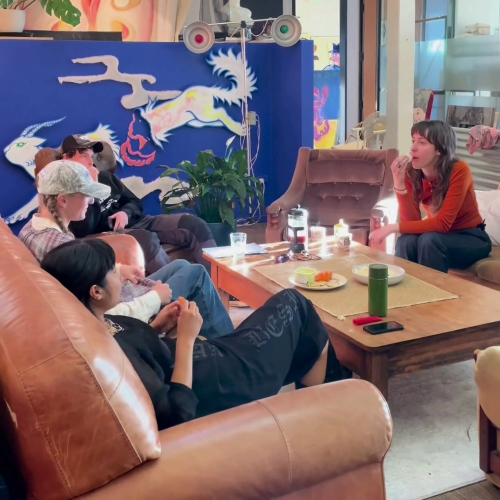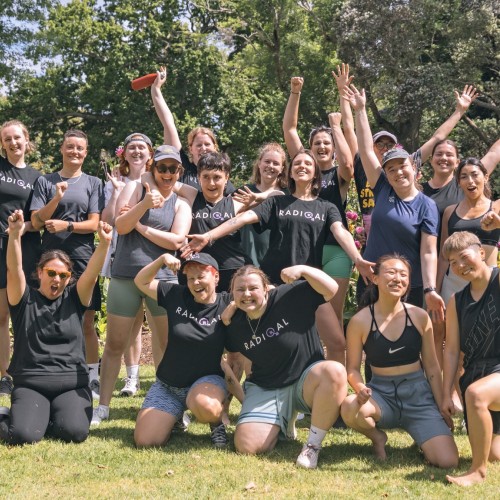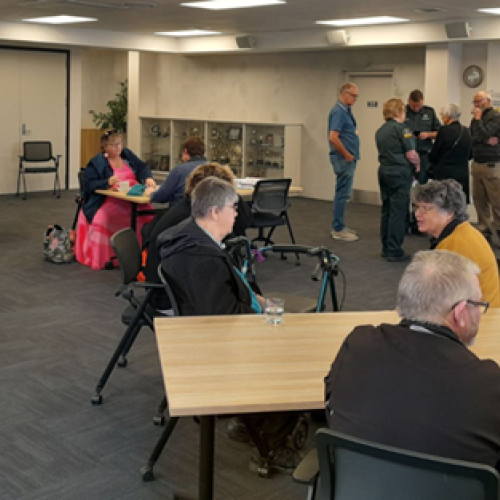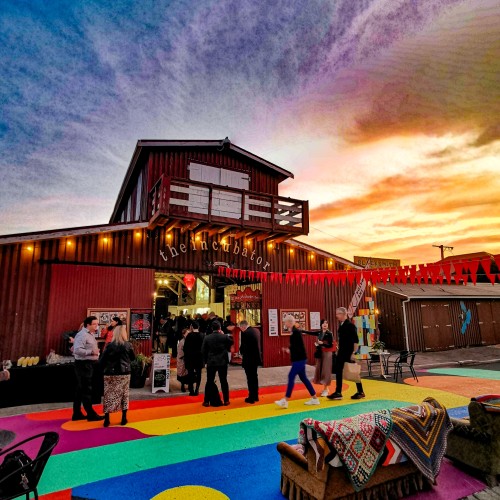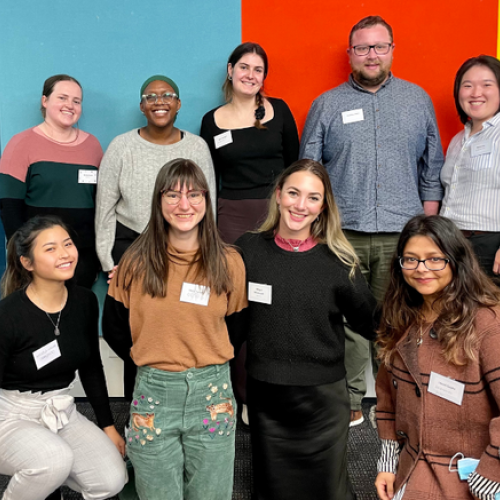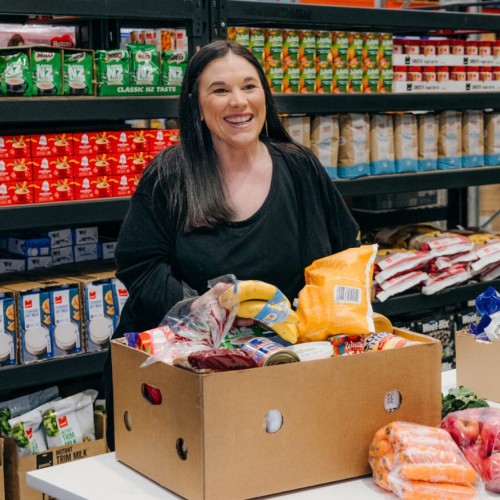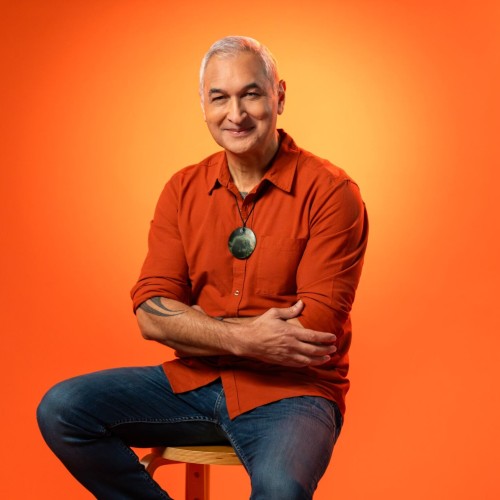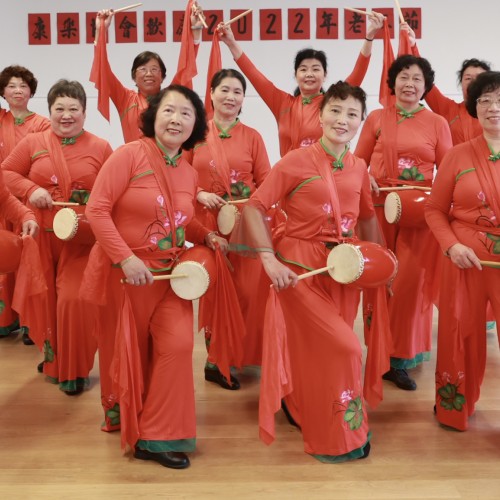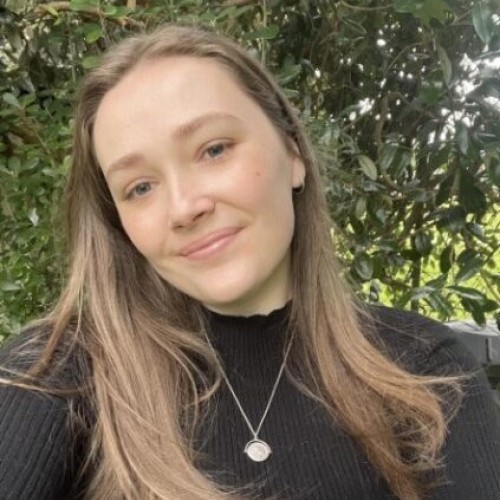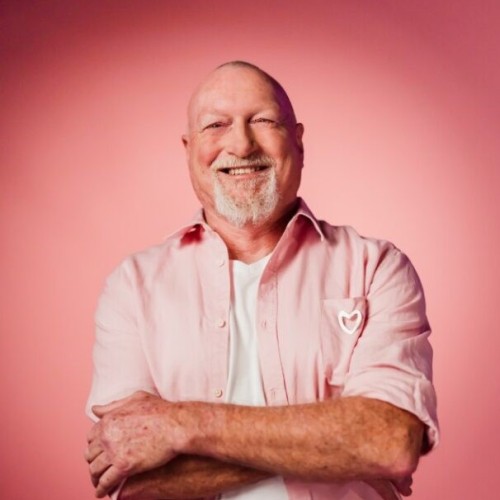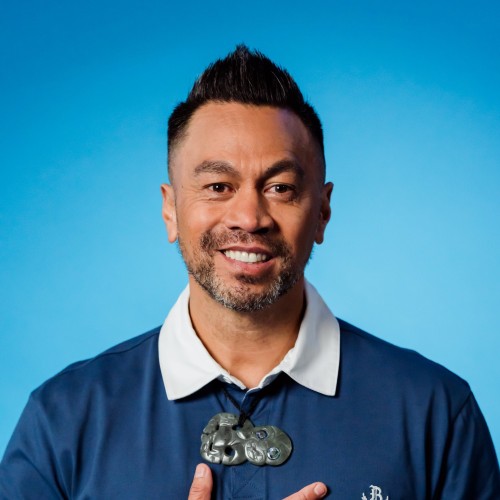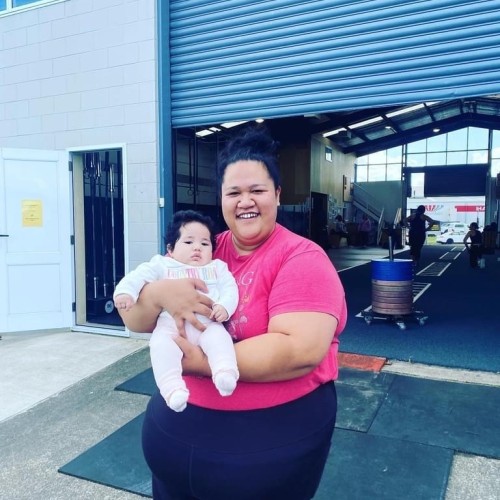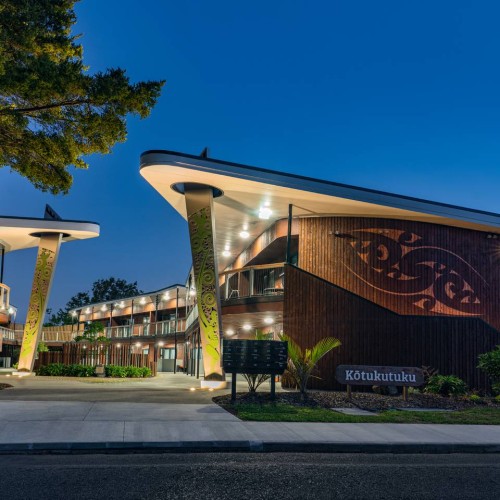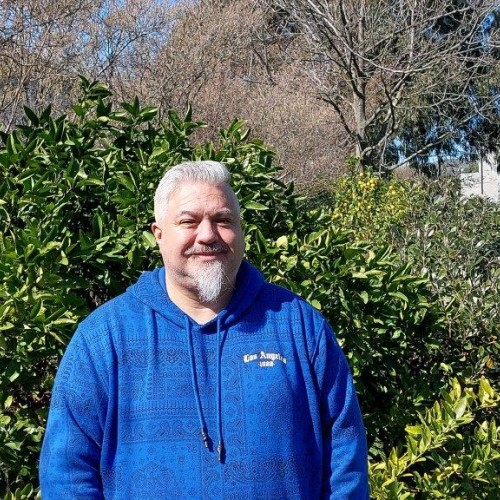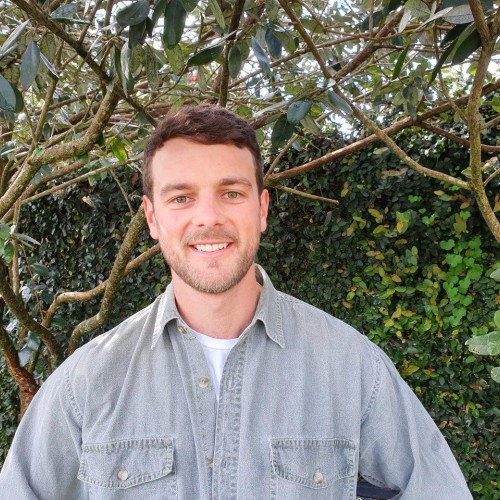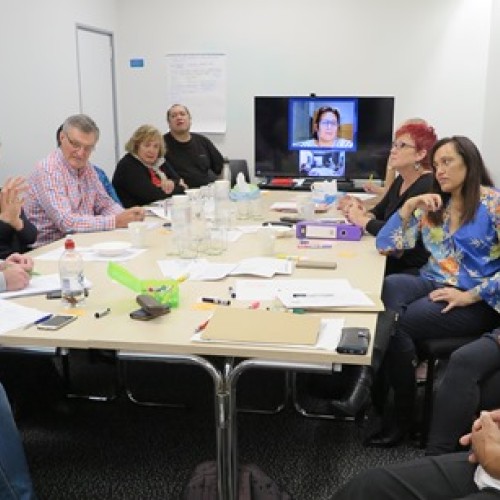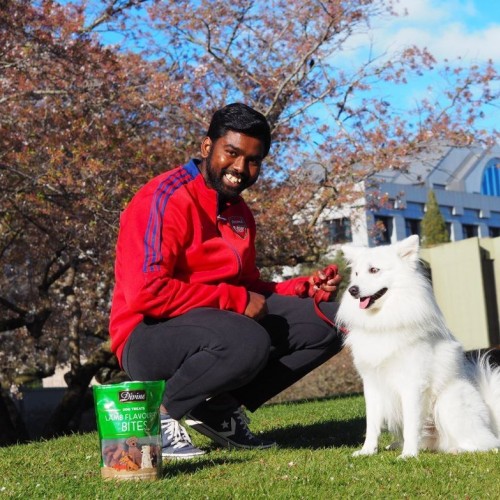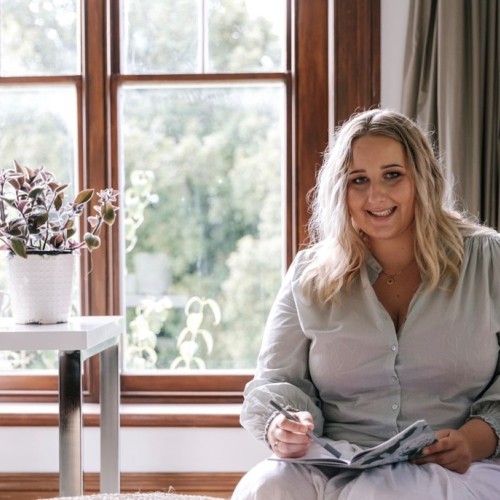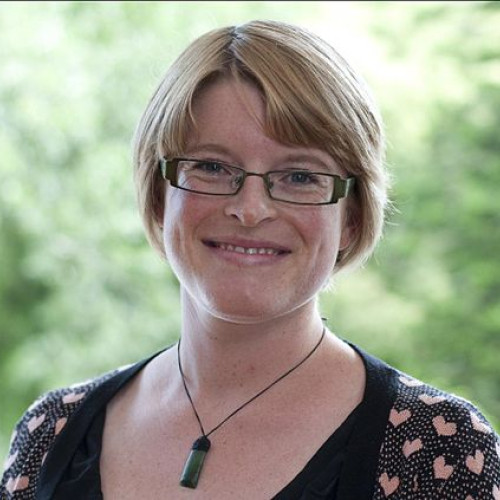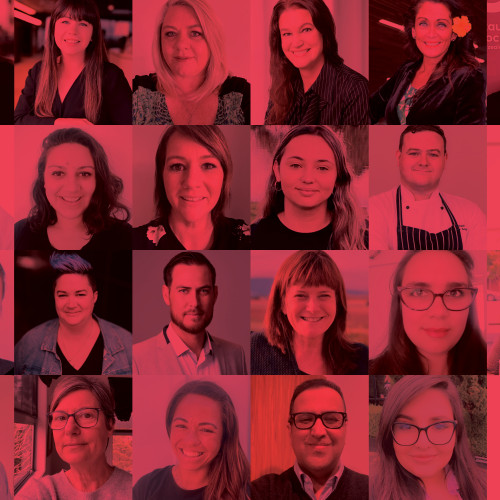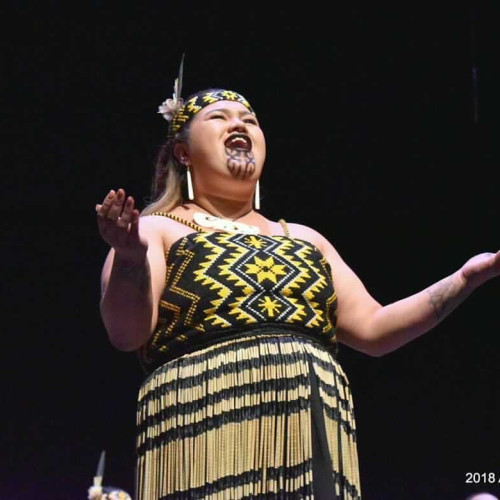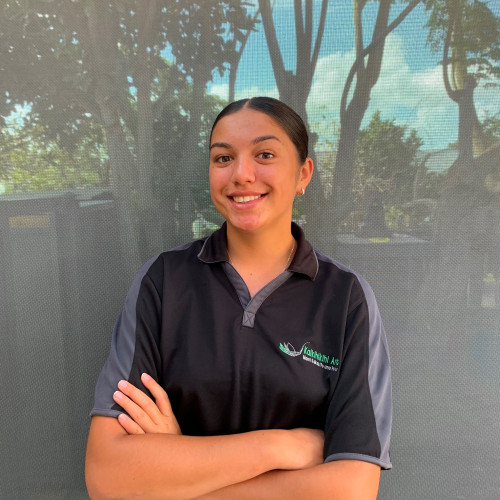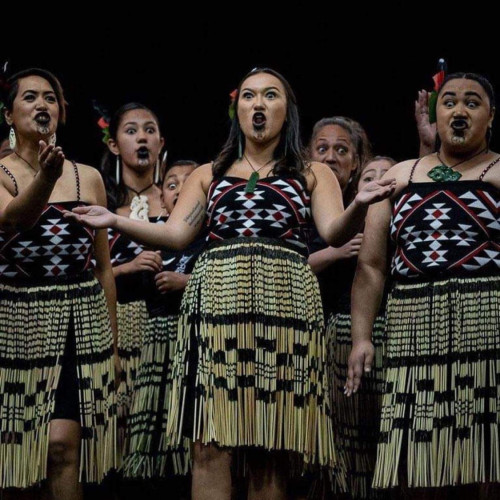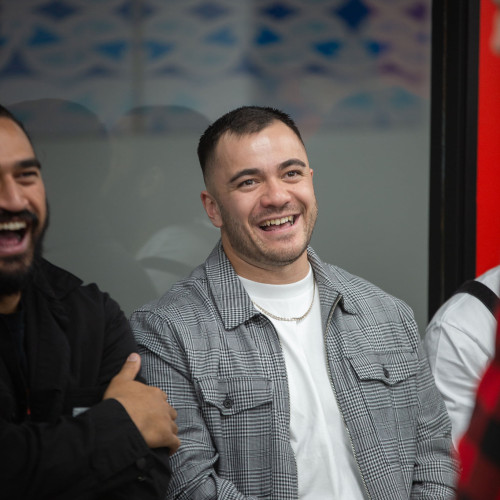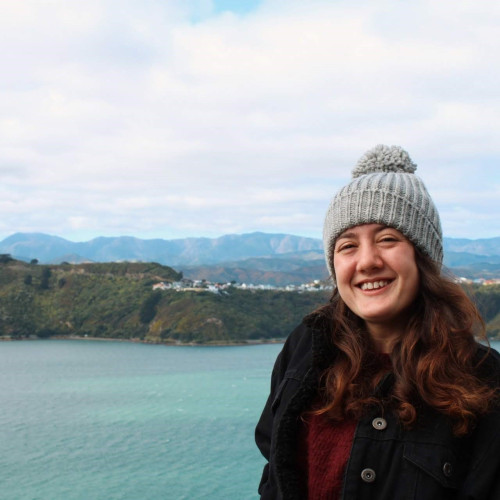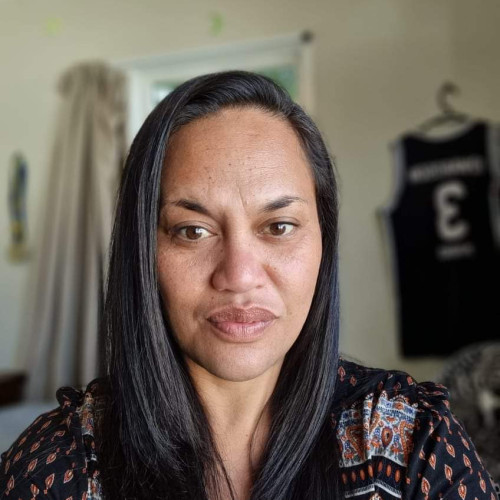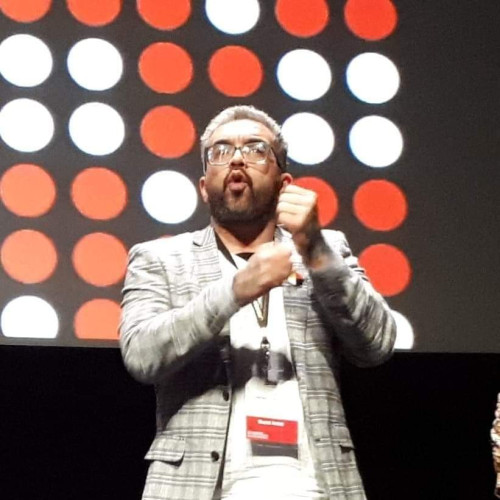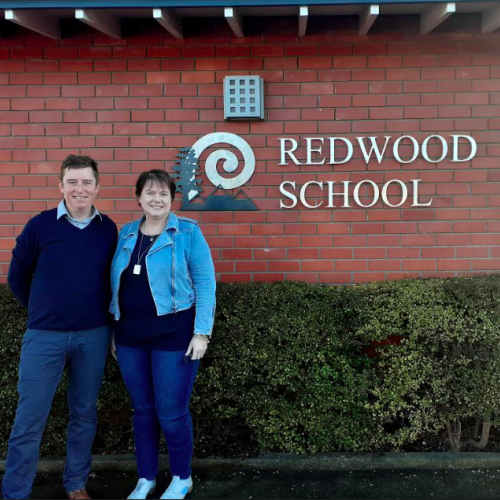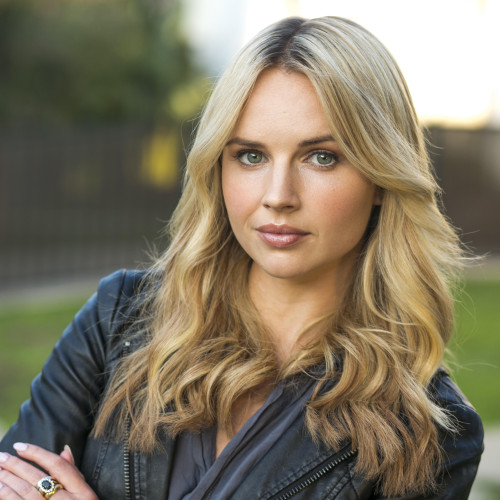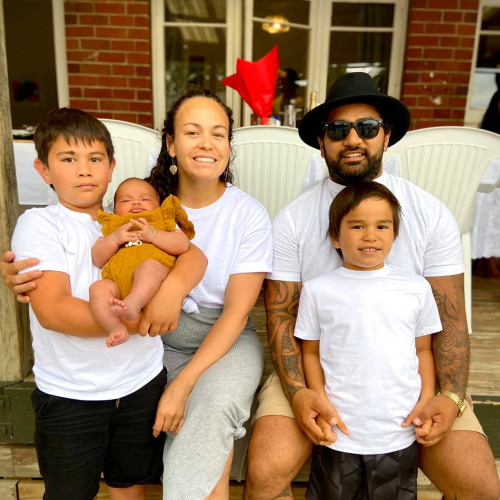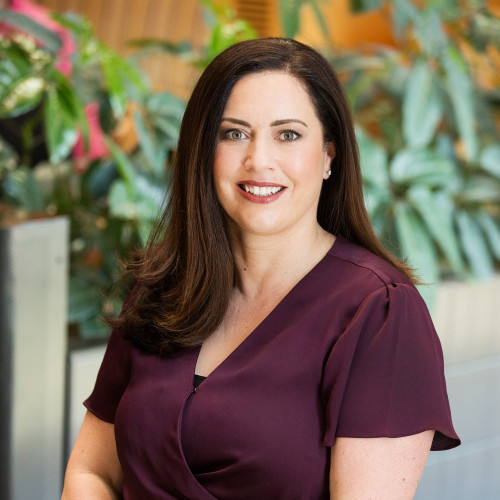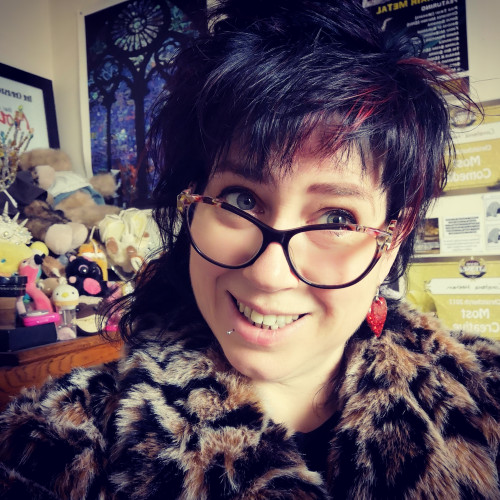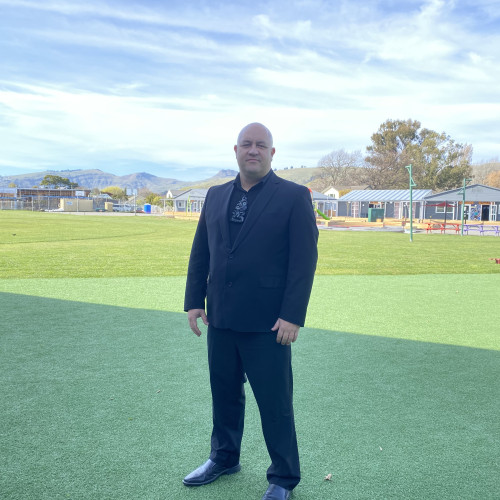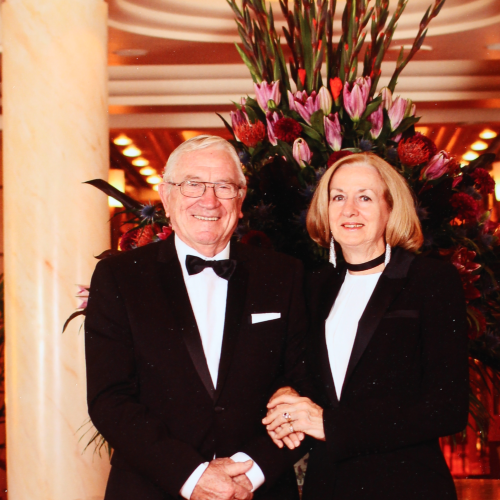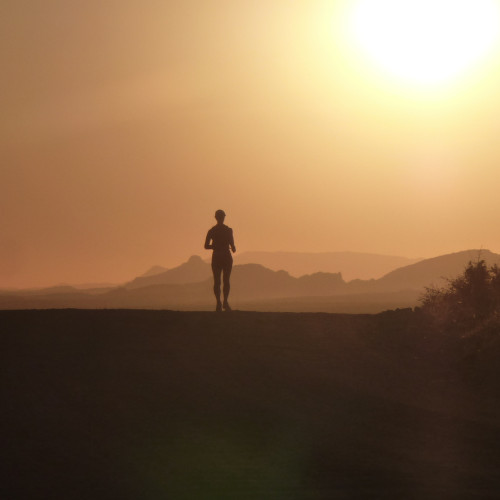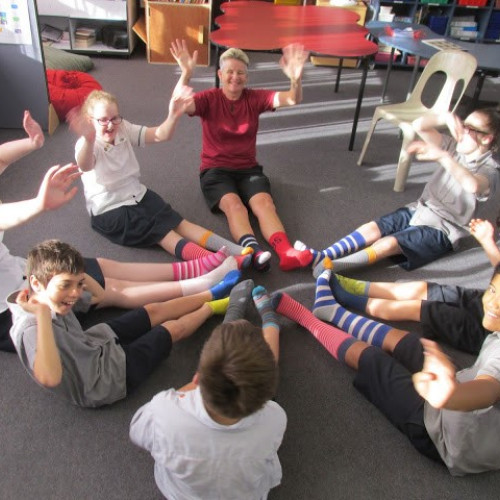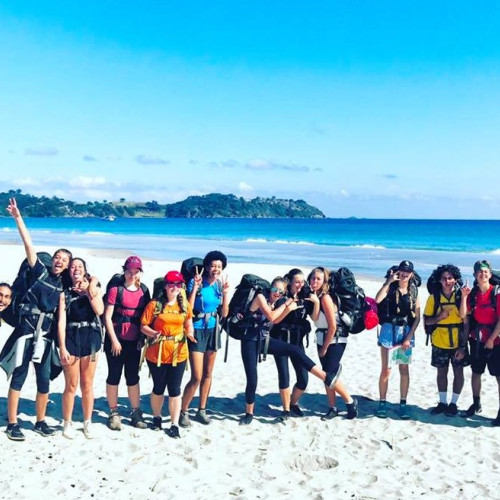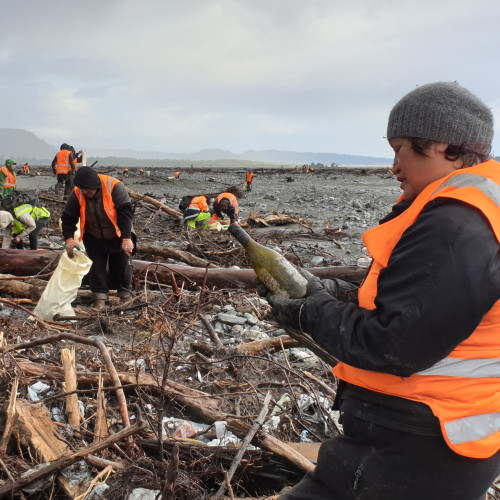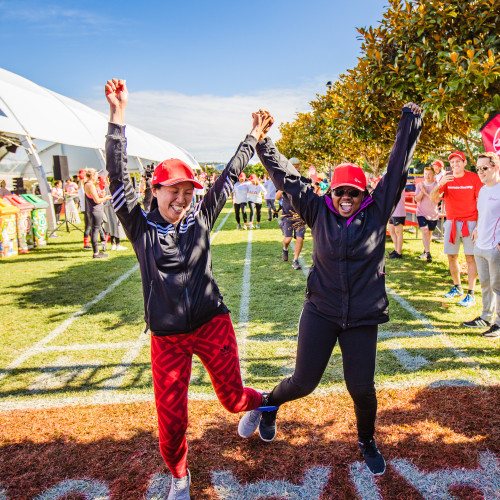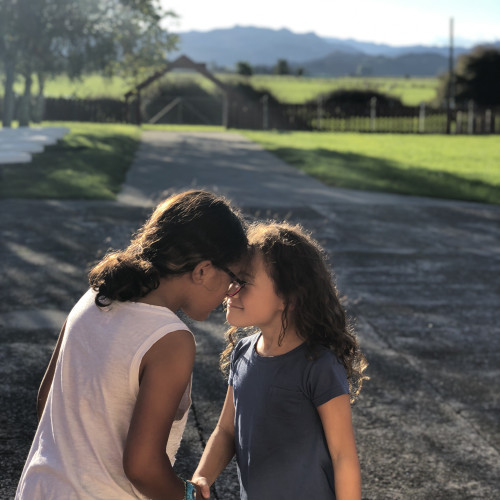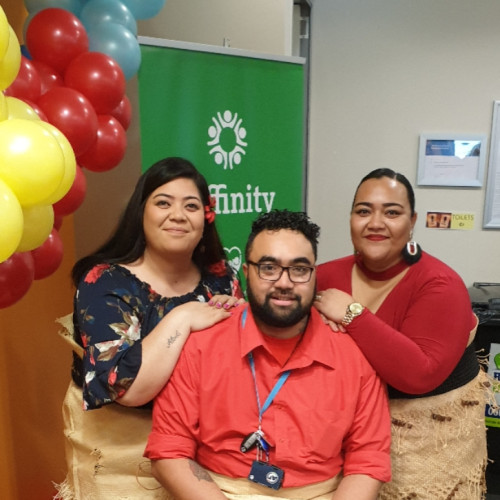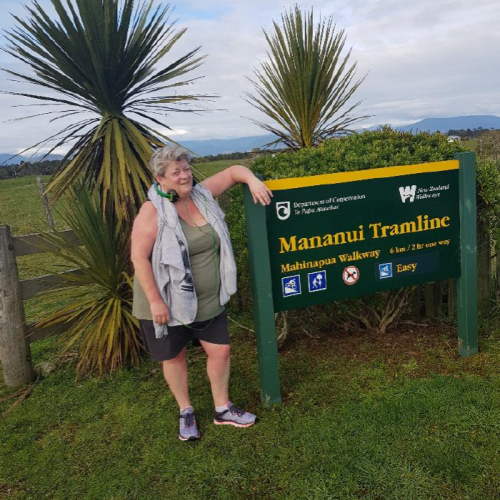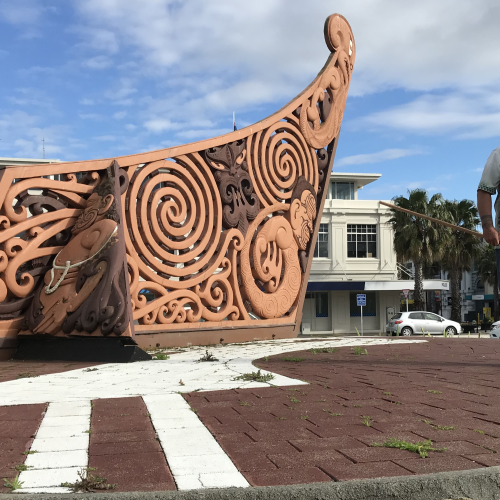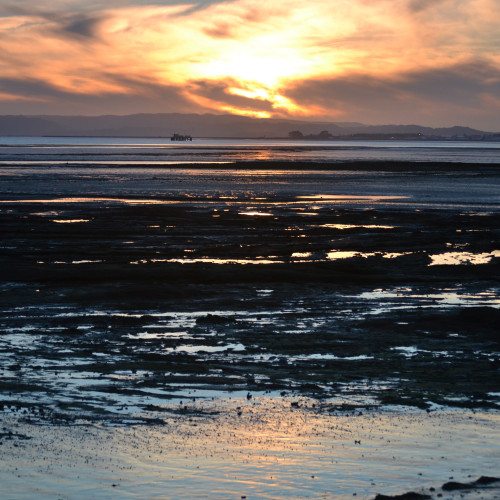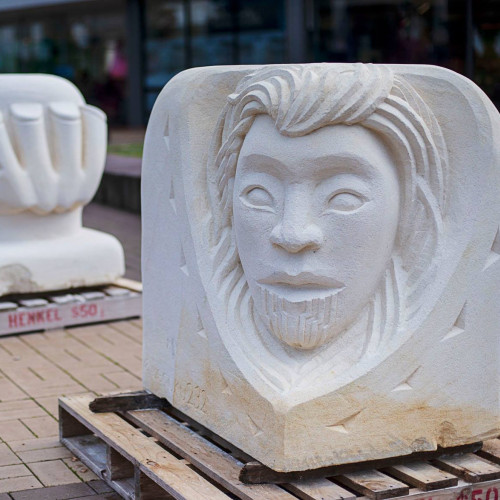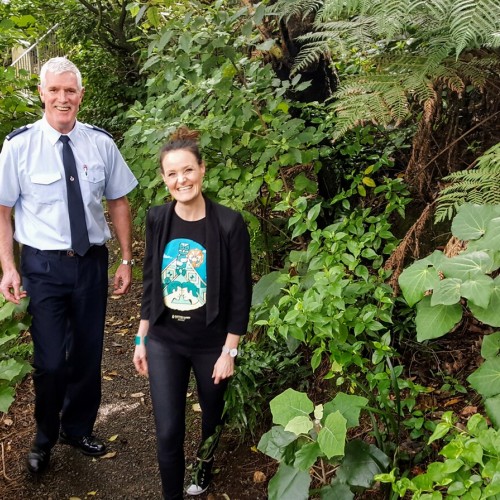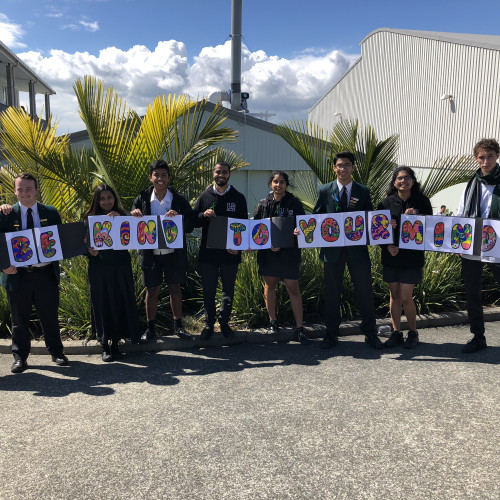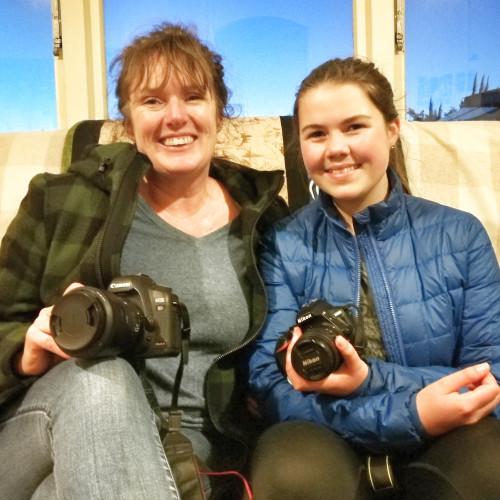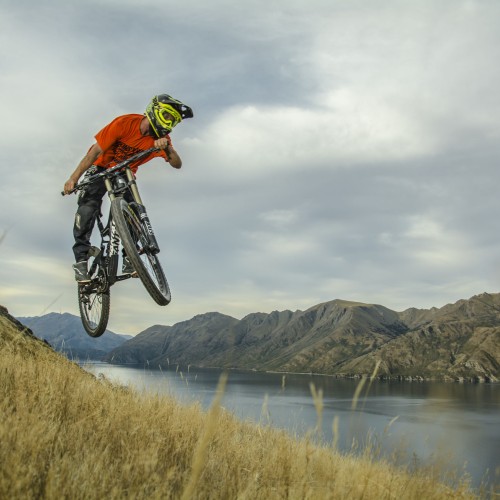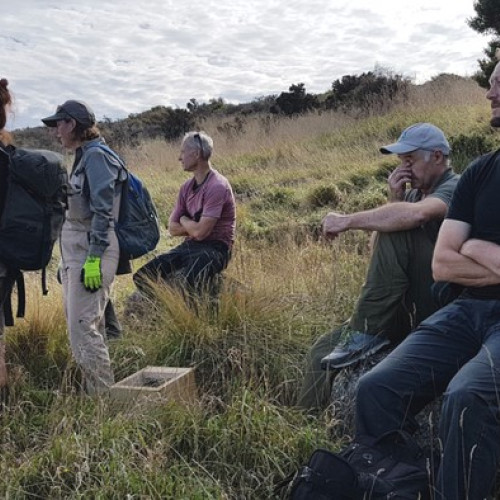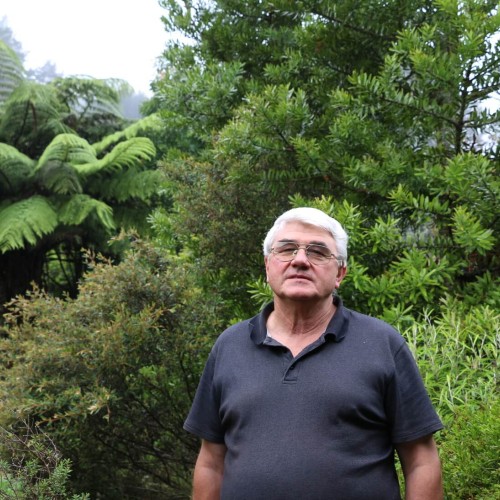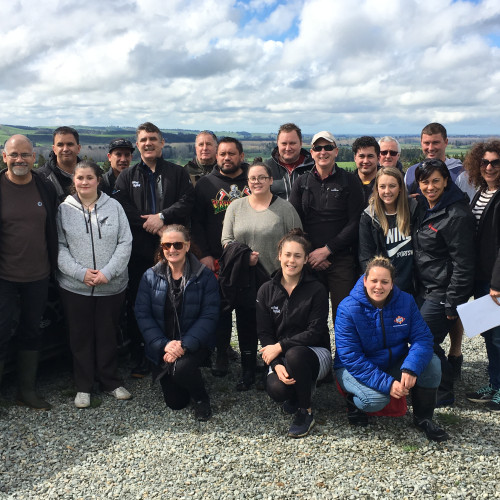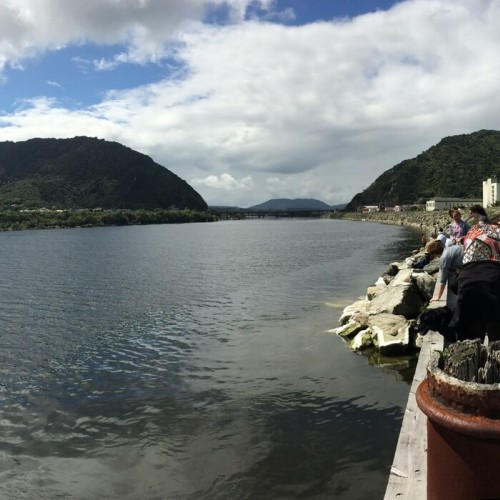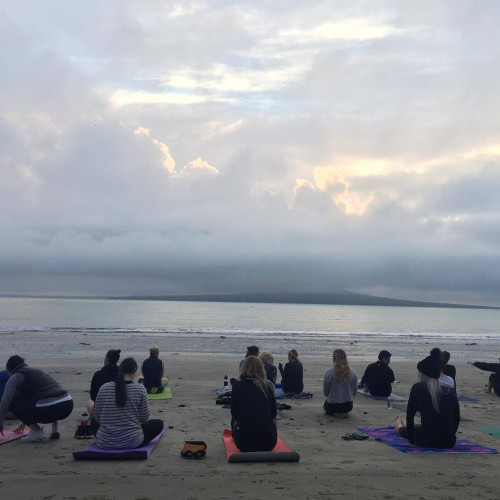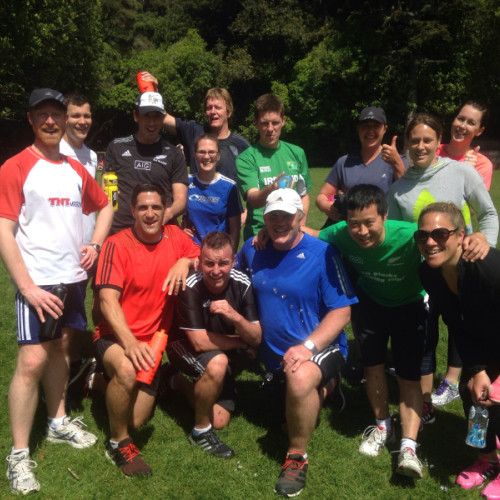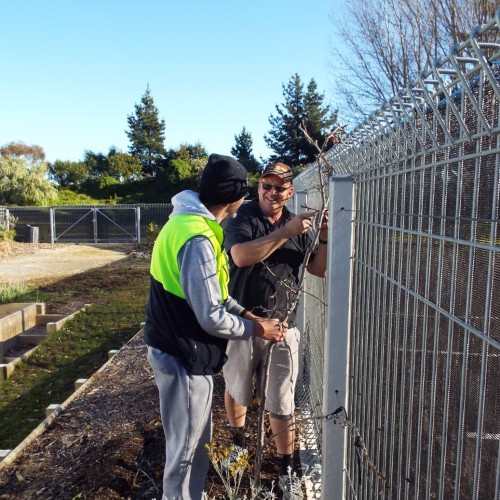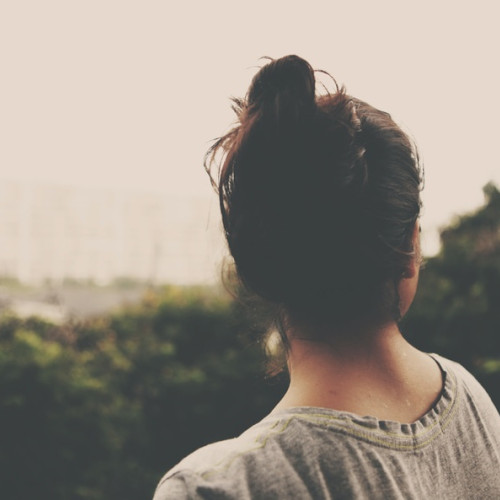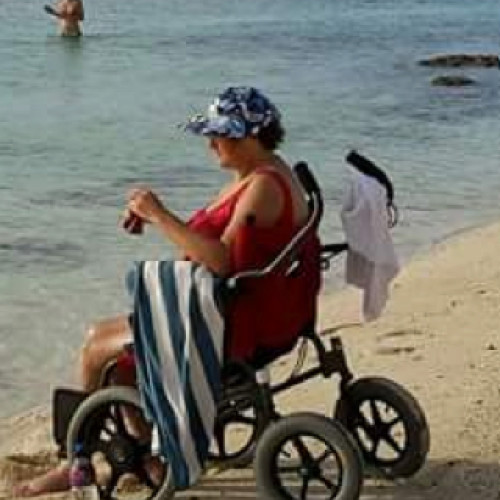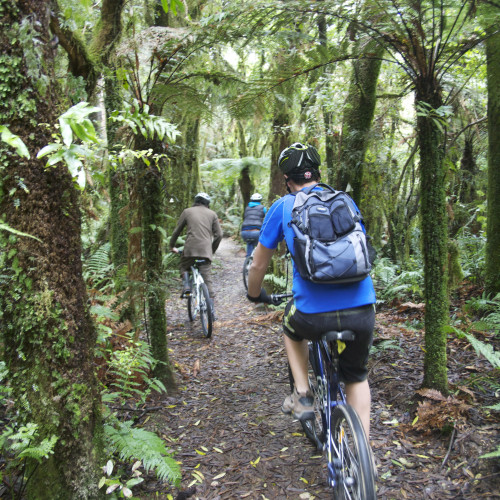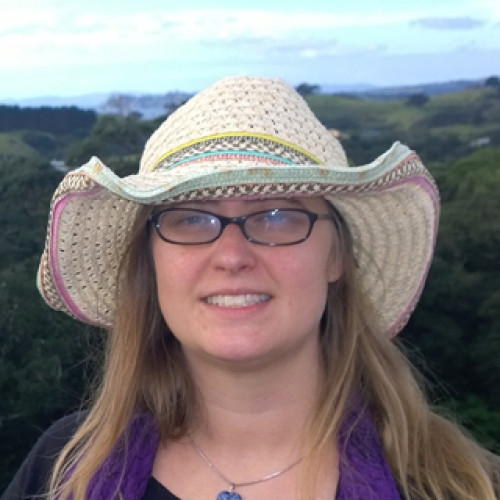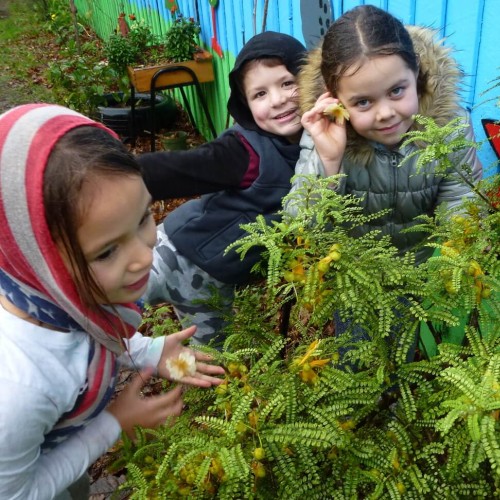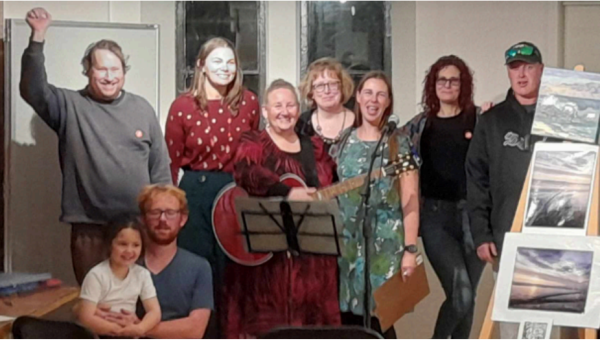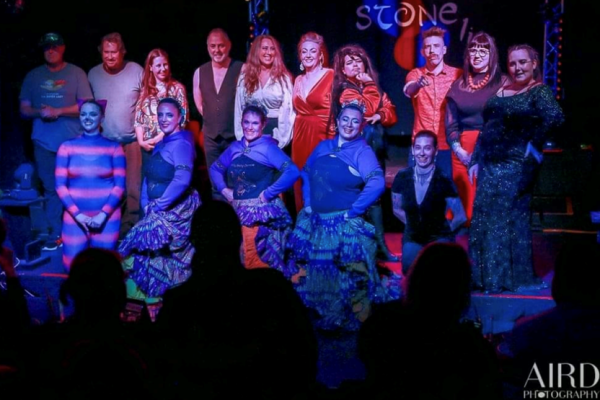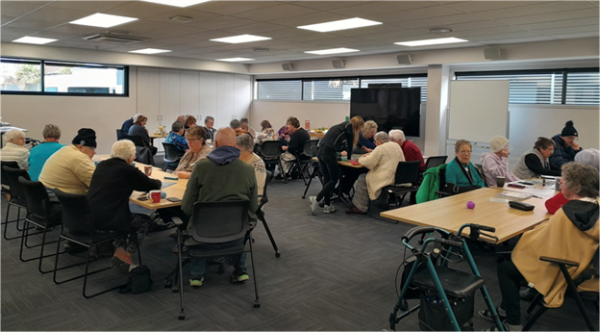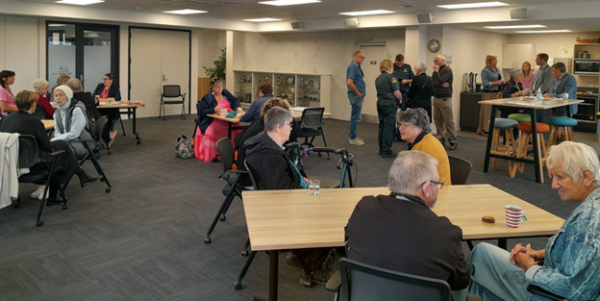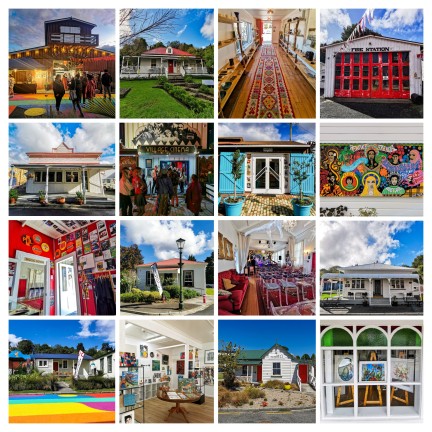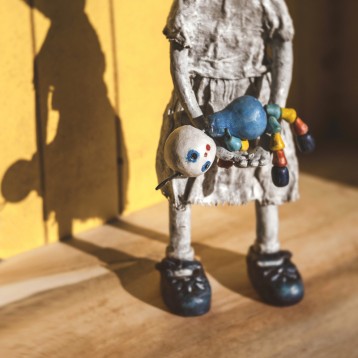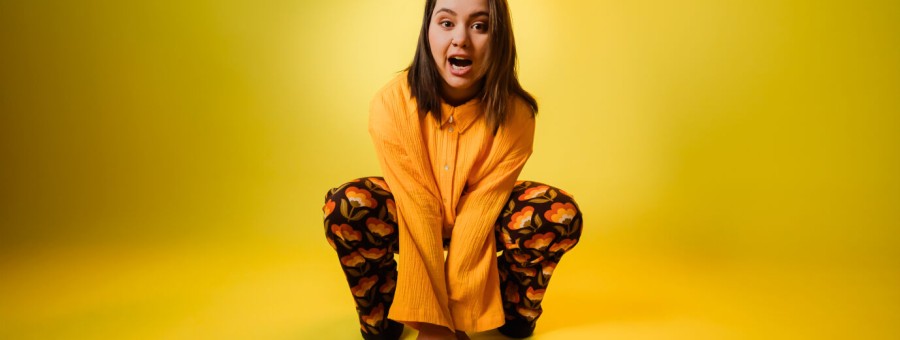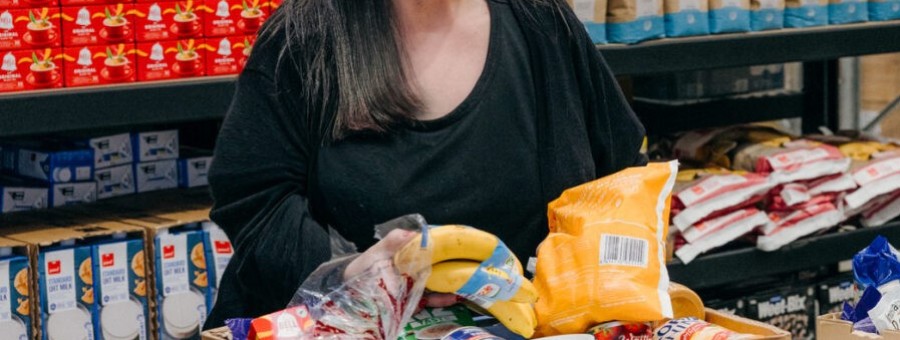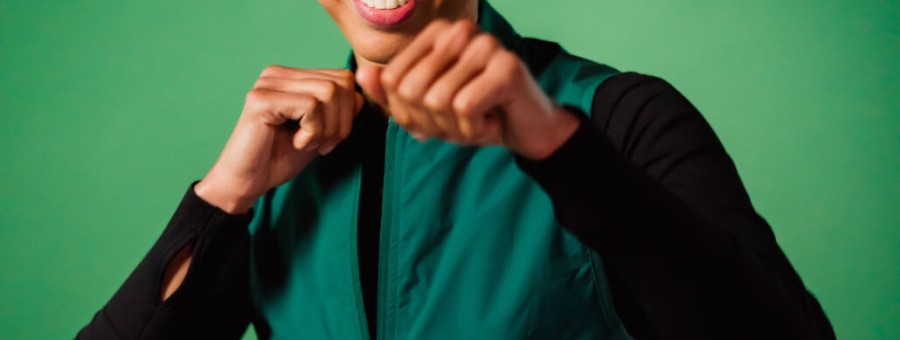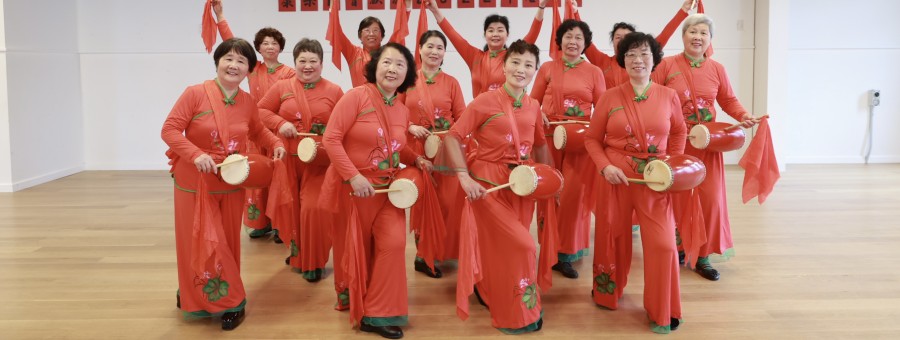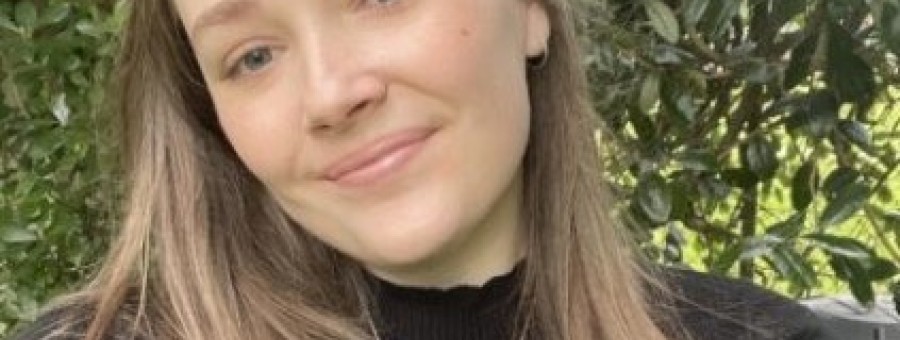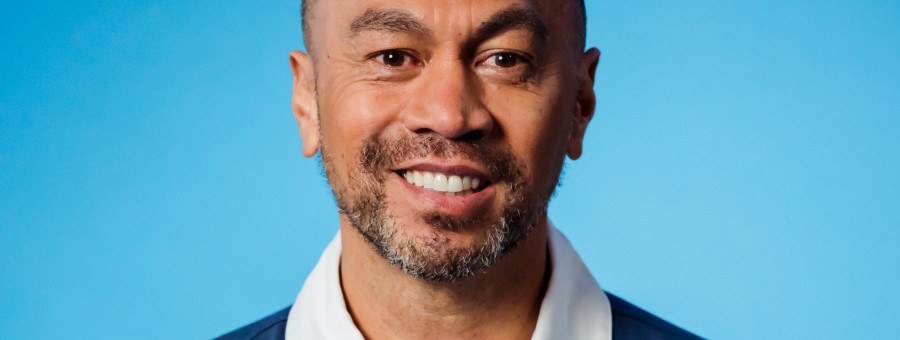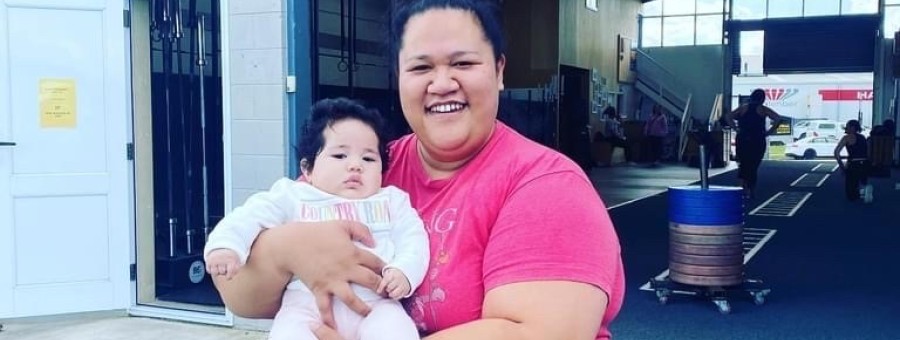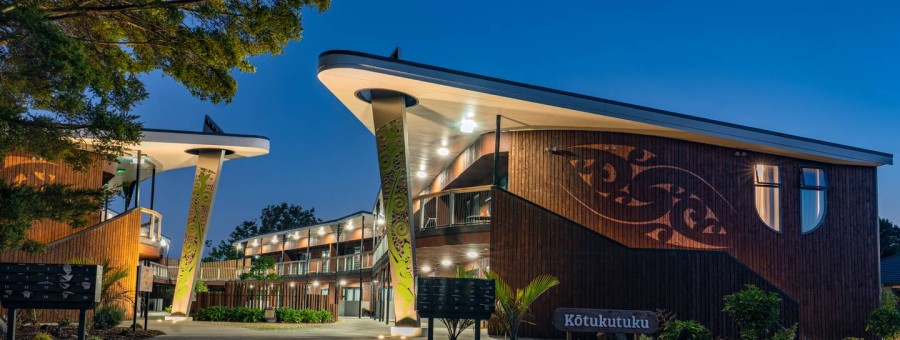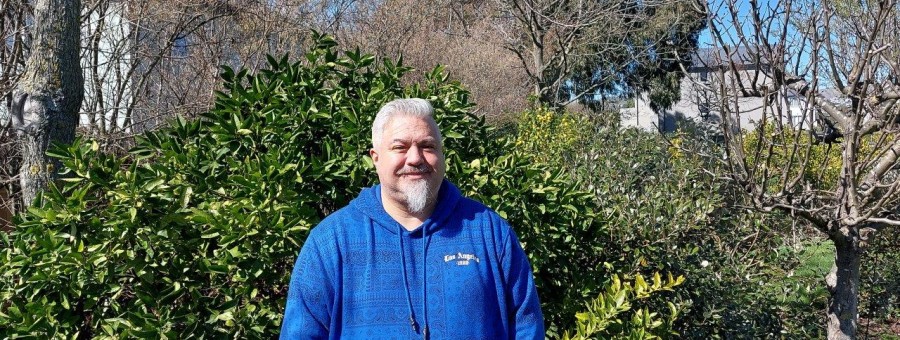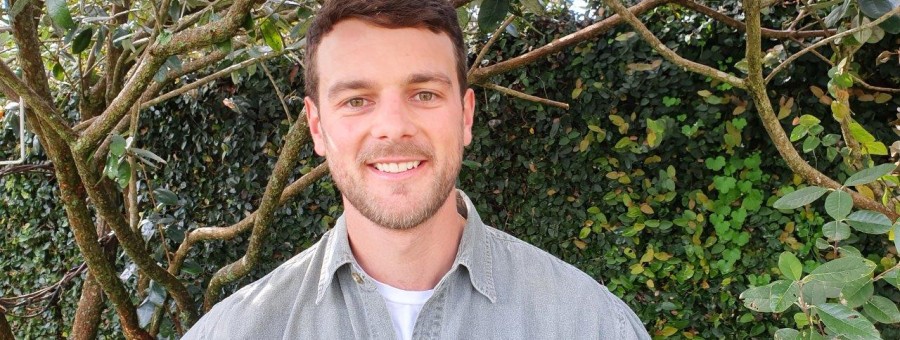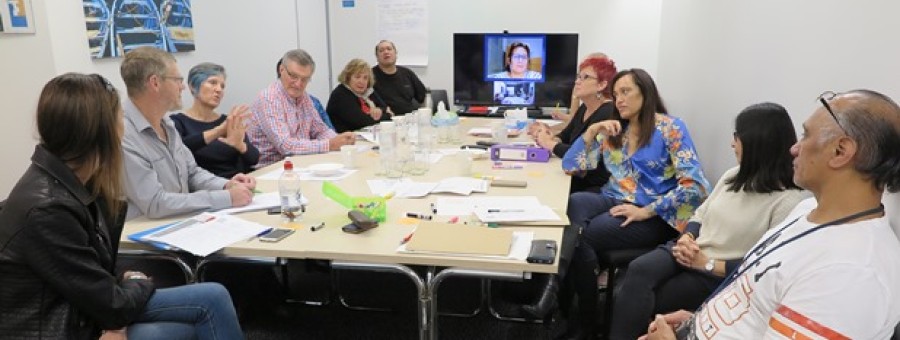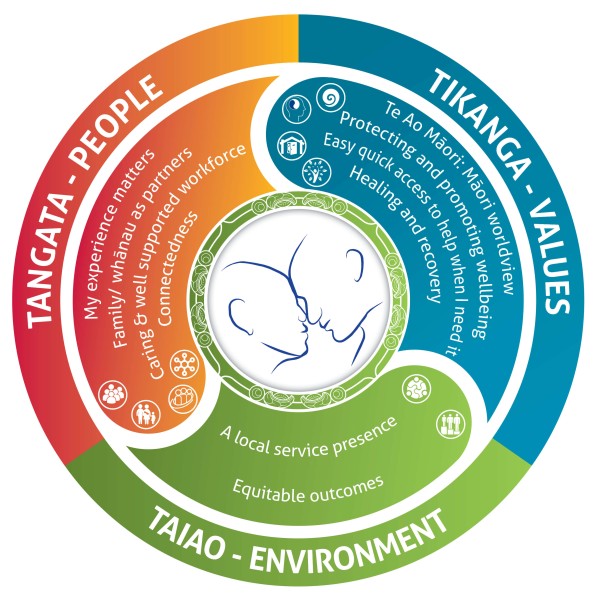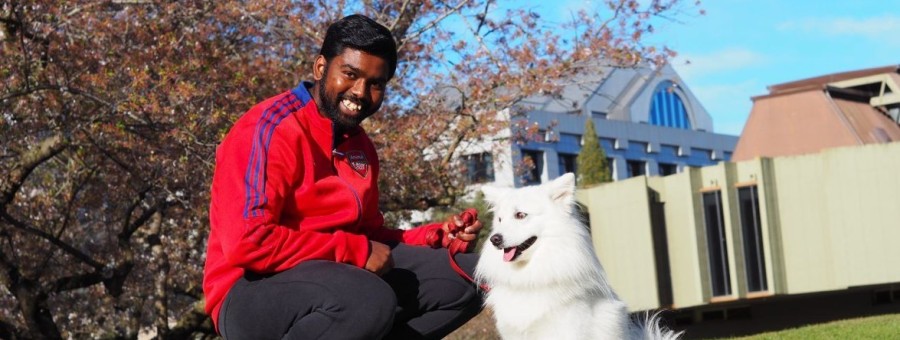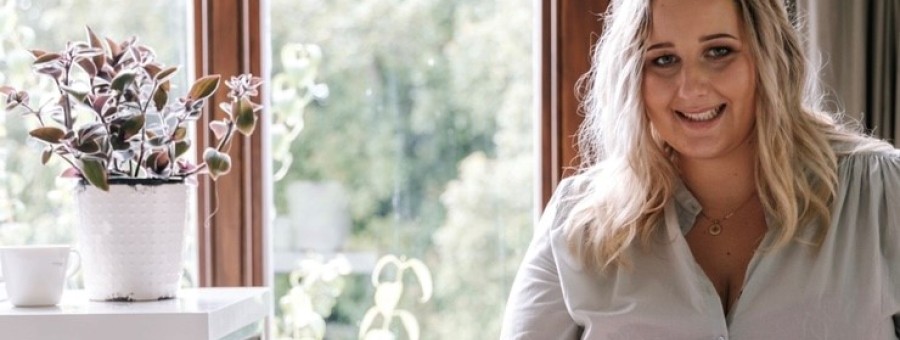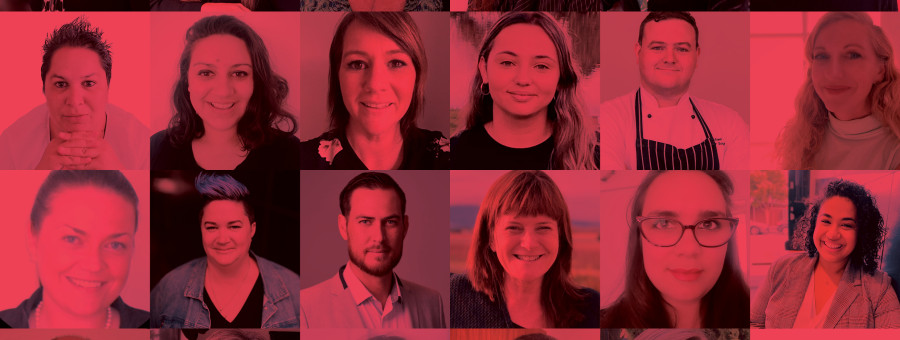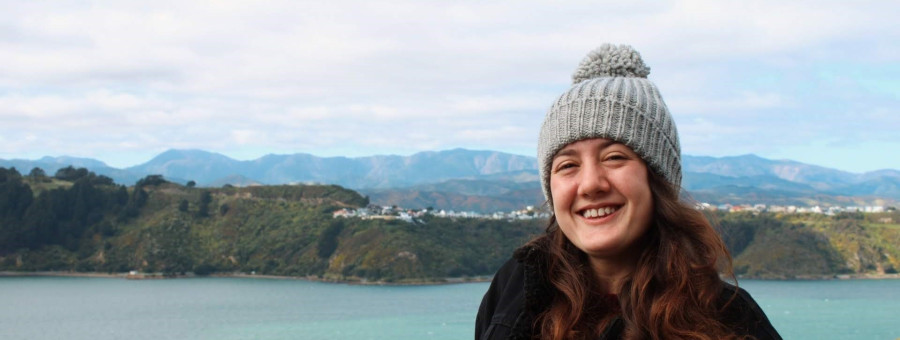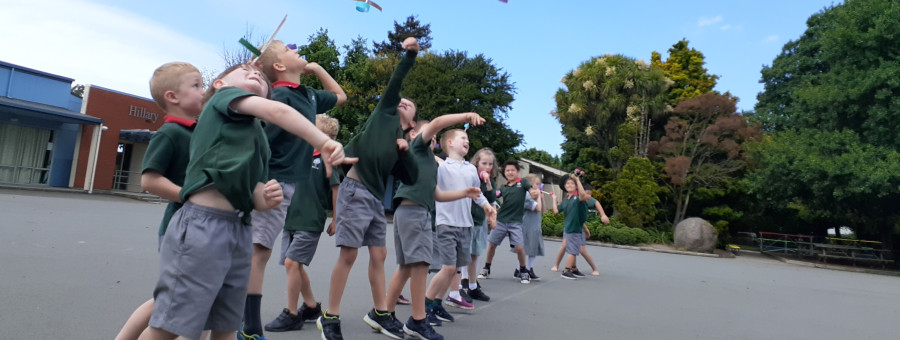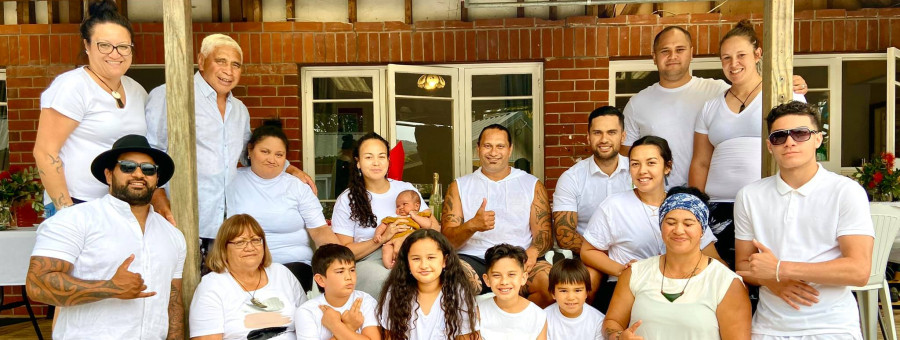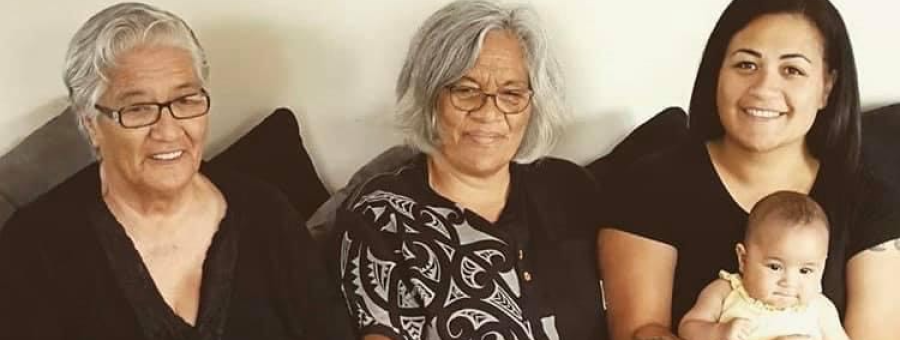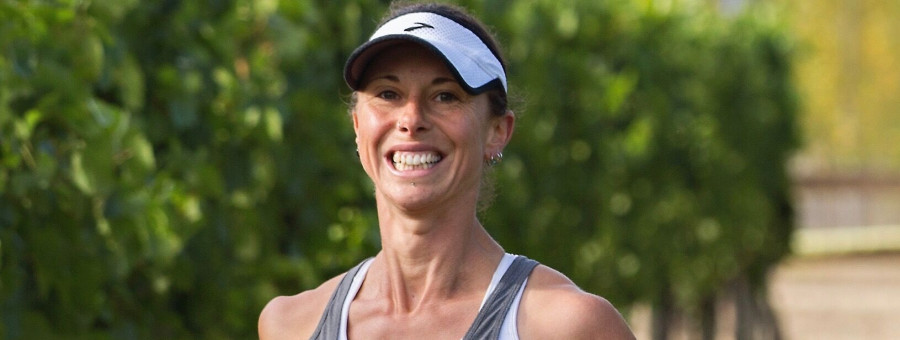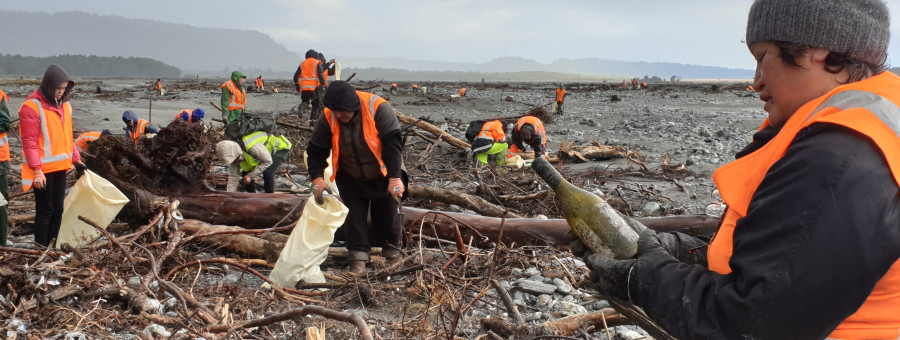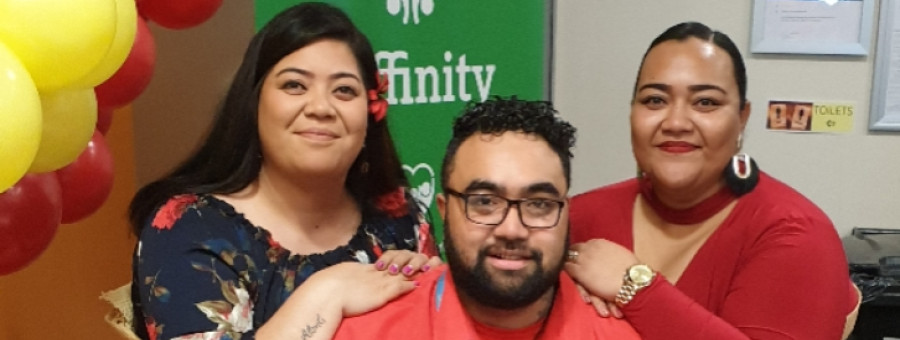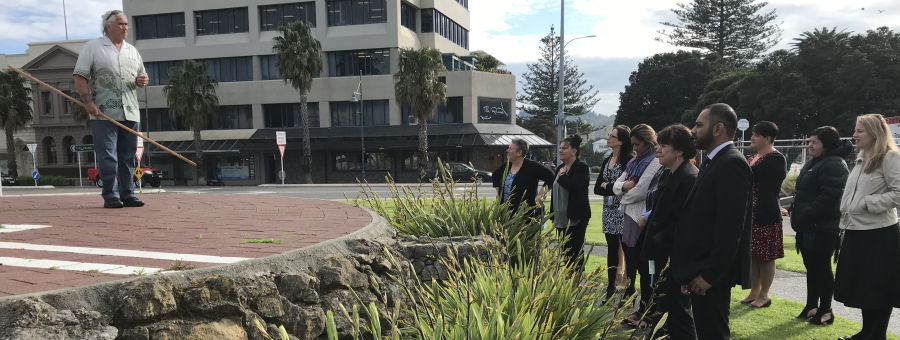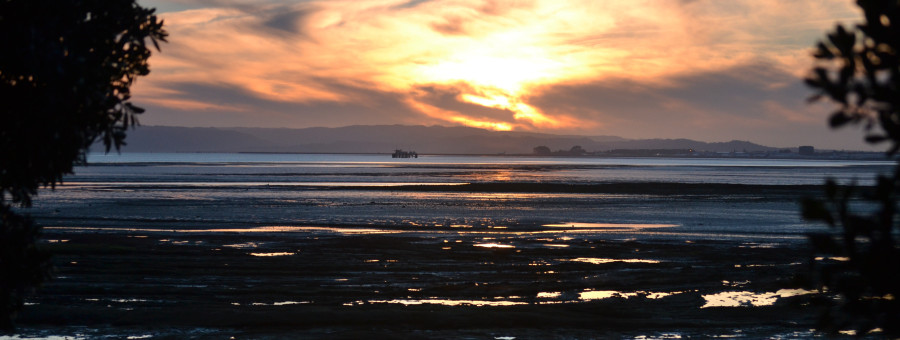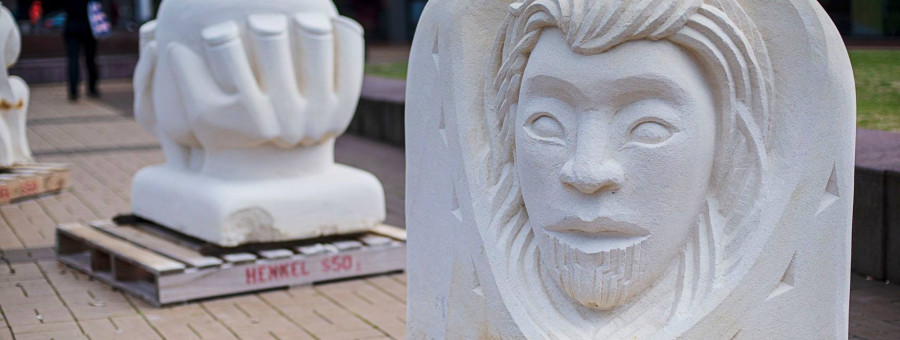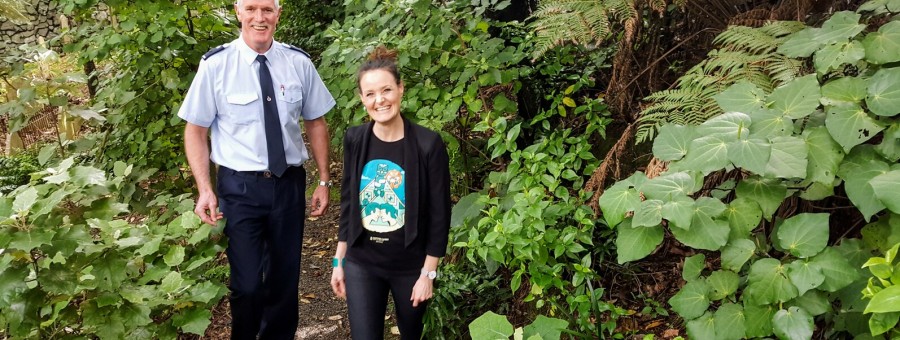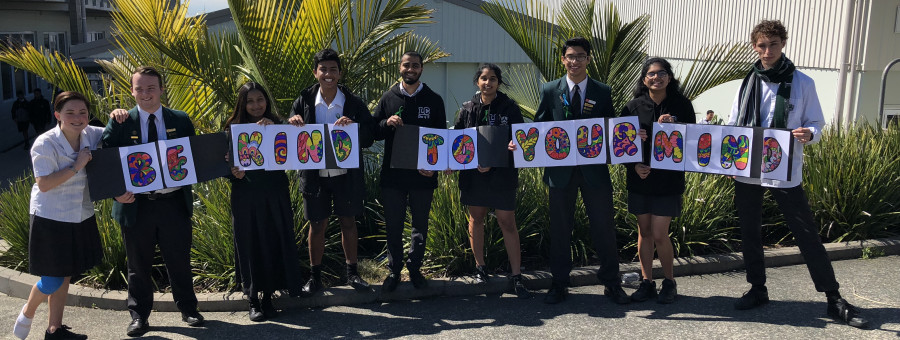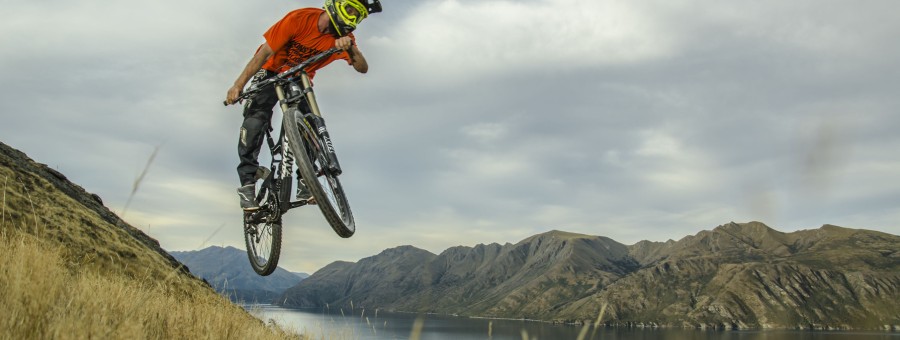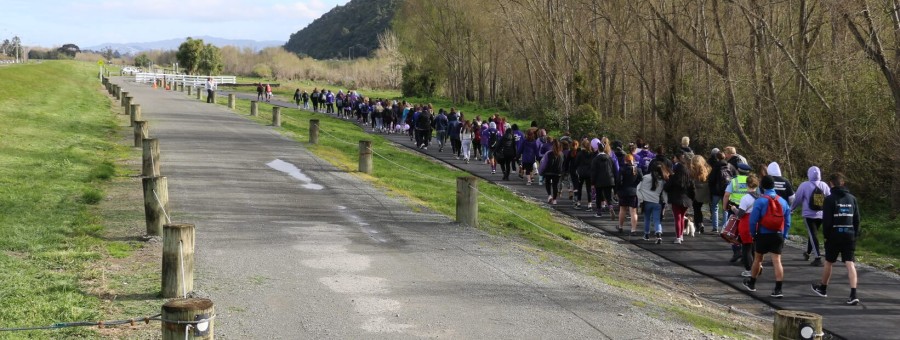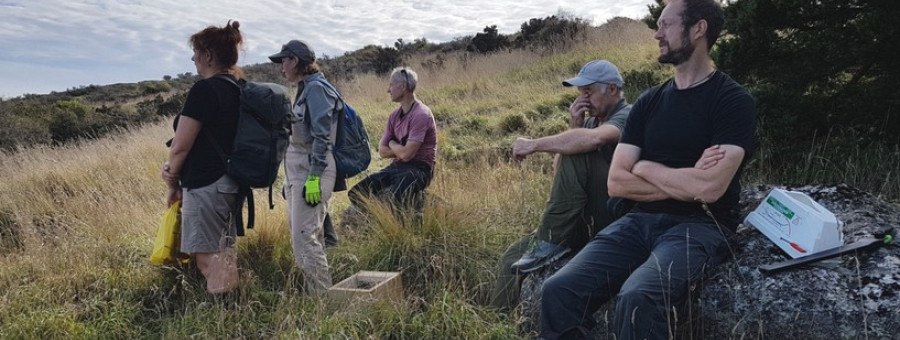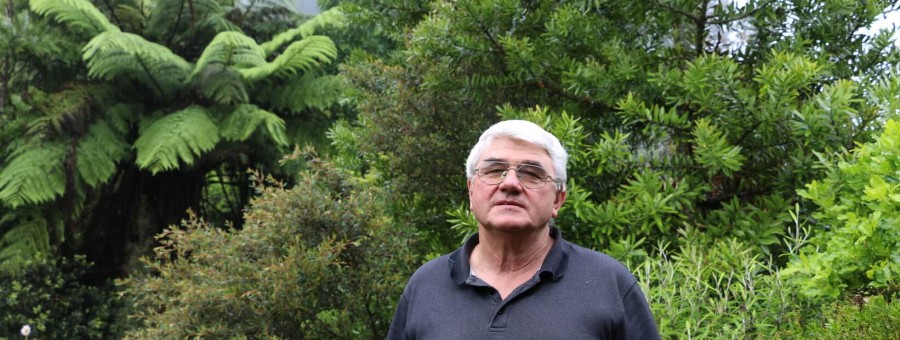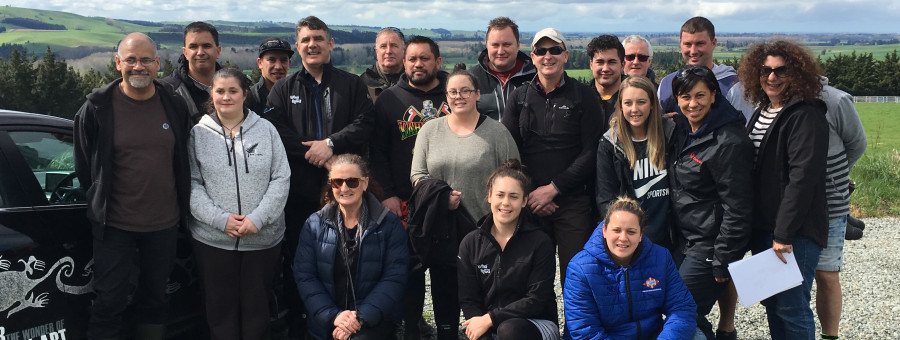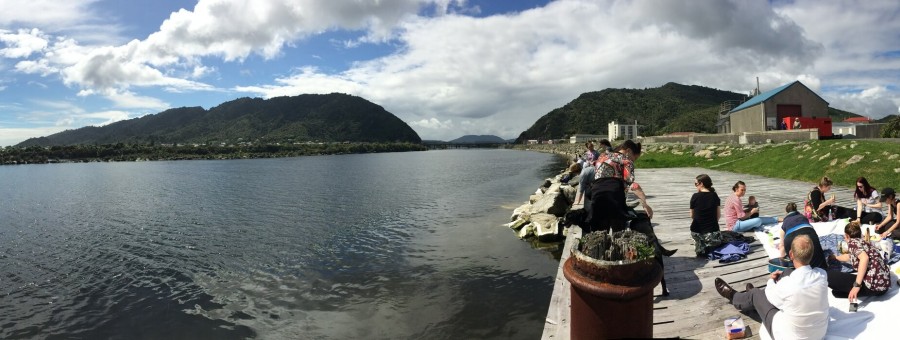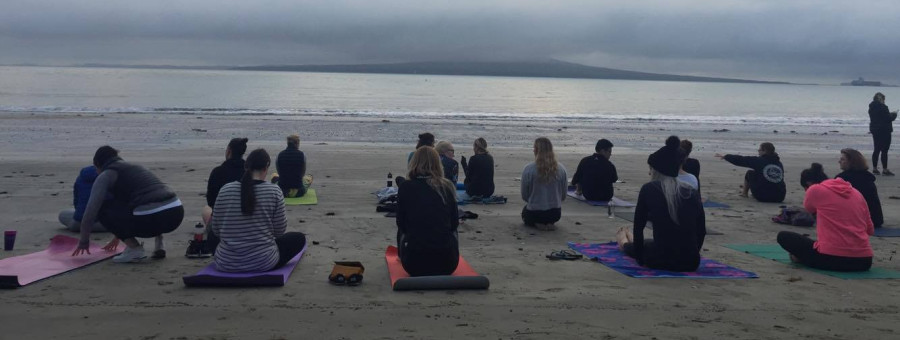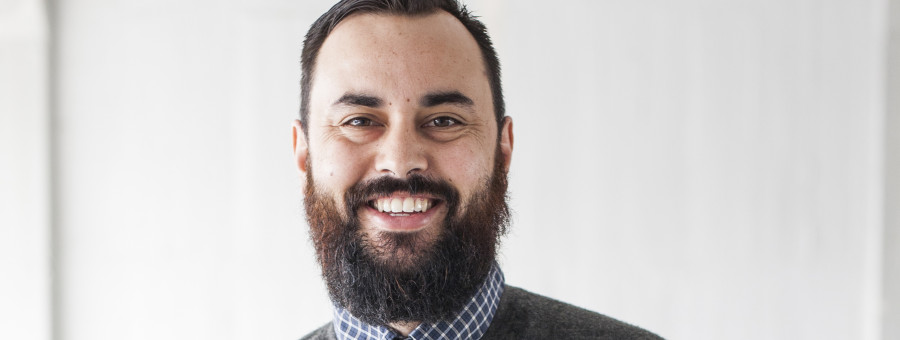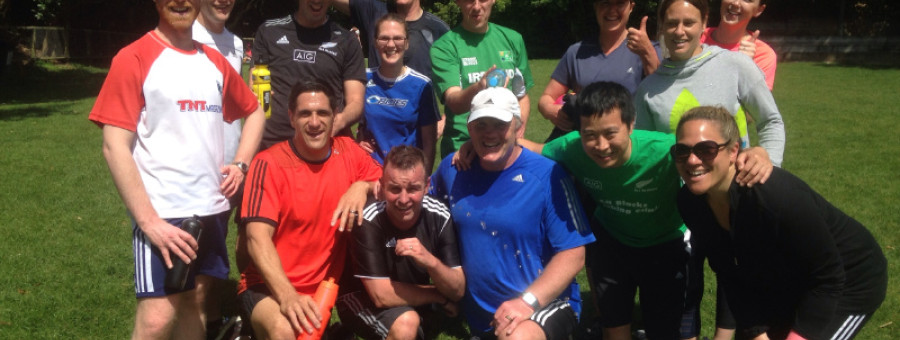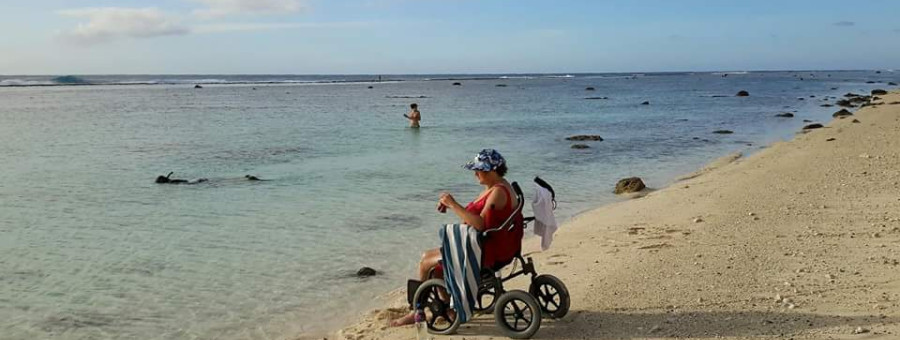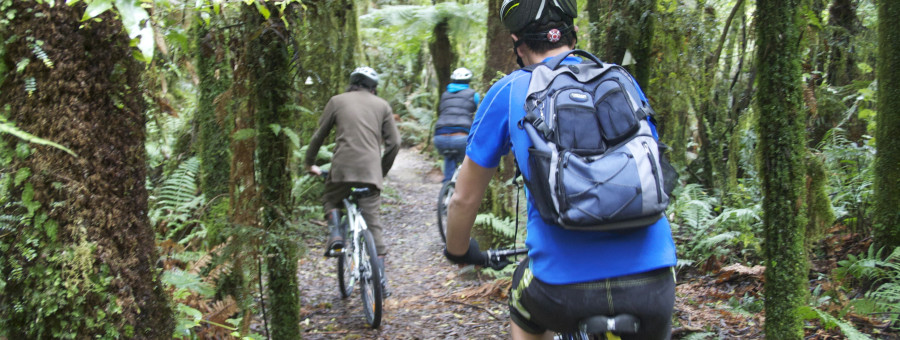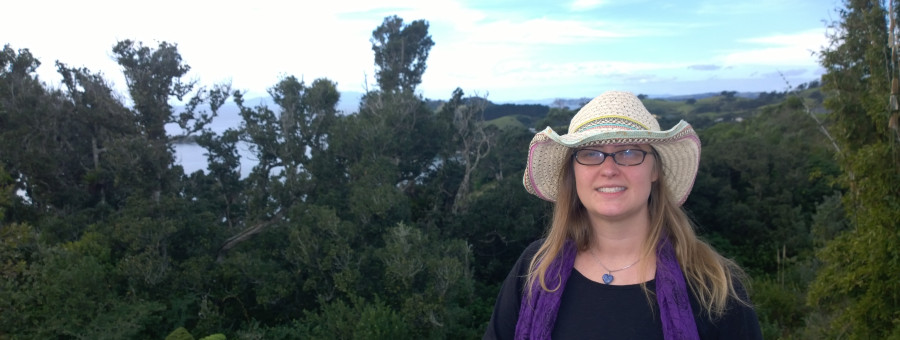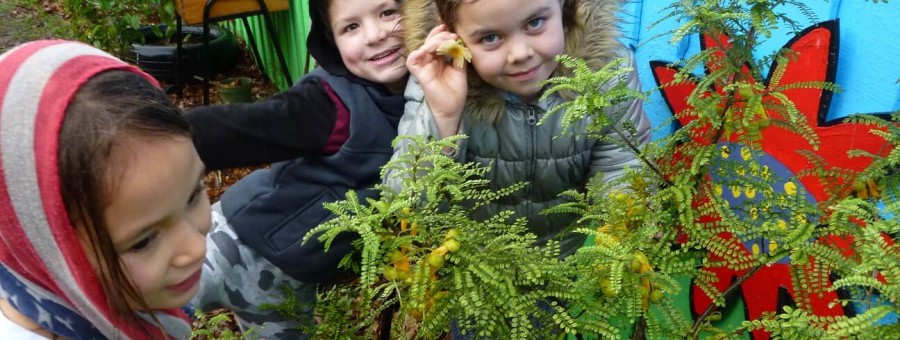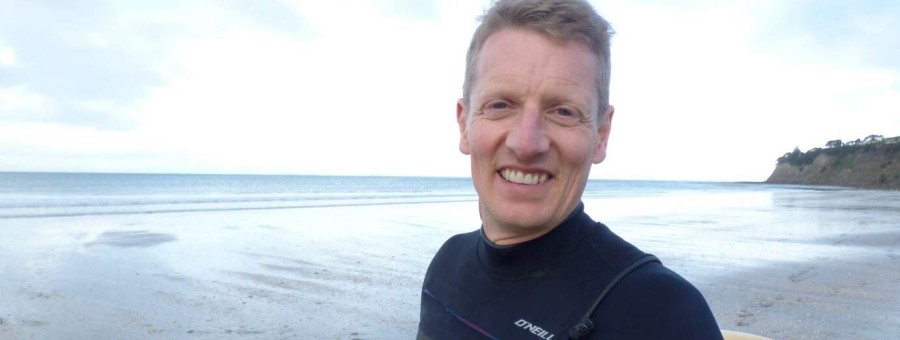It’s safe to say this has not been an easy winter for New Zealand, shifting through multiple noho rāhui over the past few months. In Northland, however, there has been the added complication of devastating flooding to the region.
It’s a threat that is never too far away, but in July 2020, the area of Northland endured what was referred to as a ‘once in 500 years’ weather incident, swamping the area and causing devastation.
“On top of the after-effects of Covid-19, the flooding was kind of the cherry on top, pushing everyone over the edge,” says Tapeka Henare, Moerewa resident and mum-of-three.
“Kids having to stay at home because schools are closed, that puts stress on the whānau. For some whānau, the pressure of life in general is a bit much, so having the flooding just compounds everything. But we live in a resilient community and we just muck in and get it done, so that we can carry on with life.”
In Tapeka’s bubble has been her husband, their three children, aged 9, 7 and 3, and her mother and step-father – a wide range of ages to cater for in tricky times. “It’s had its challenging moments but we’re lucky to have a decent-sized home and a good section for the kids, so it hasn’t been too painful. We’ve definitely got to know each other very well,” she laughs.
Tapeka says the moves in and out of noho rāhui has been hardest on her husband, who is based in Auckland as a builder during the week. “Returning back to work after level four was stressful for him, because he didn’t want to bring germs home. It has definitely increased some anxiety for him. He is all over the place on construction sites, having contact with hundreds of people. Everything has been an unknown.”
Living in Moerewa means living with an extra level of uncertainty due to the possibility of flooding at any stage. Luckily, the community is strong and knows how to look after each other.
“We’ve got some good community leaders and whānau who have been through generations of this kind of stuff, so we’ve been able to learn from them about how we can deal with it,” Tapeka says. “We can’t control everything that happens to us, but we can control how we react and fix up the situation, so that the stress is alleviated for some of our whānau.”
These leaders and their community groups are the ones who help organise individual whānau aid such as food parcels and sanitation parcels. They also coordinate larger responses, like having Northland Waste bring down skip bins so that whānau and schools are able to clean up their properties without worrying where they’re going to put the rubbish.
The most important thing these groups do for the community is driving around and popping in to see how everyone’s going.
“That goes a long way,” Tapeka says. “We have a lot of elder members of the community who are isolated anyway, so just being able to see the groups coming around and offering nursing services or food parcels is great. Once our schools were able to open, they were able to provide meeting points for our whānau – especially our rural whānau – to be able to come in for a chat and a meal.”
The importance of checking in on your neighbours and helping where you can was modelled for Tapeka by her parents and her grandparents. Tapeka’s grandmother, one of the oldest members of the community, still goes on regular visits to those who need it.
“Nothing beats a visit from someone, so you can have a cup of tea and a good yarn about what’s been happening in your whare or your school,” Tapeka says. That plus the social vibe at local spots like the community gym – who has started offering online classes – or the marae helps connect people in good times and bad.
The message of Mental Health Awareness Week this year is He Tirohanga Anamata – a glance into our future. For Tapeka and her whānau, that means keep looking forward and keep moving forward, together.
“The people here are what makes living here so good. Even though we get knocked down, we get back up and at the end of the day, we’re all connected in Moerewa, we’re all whānau.”
Photographed left to right: Tapeka’s grandmother (Tapeka Davis), her mother (Te Hemoata Henare), and her baby (Ohineriria)

